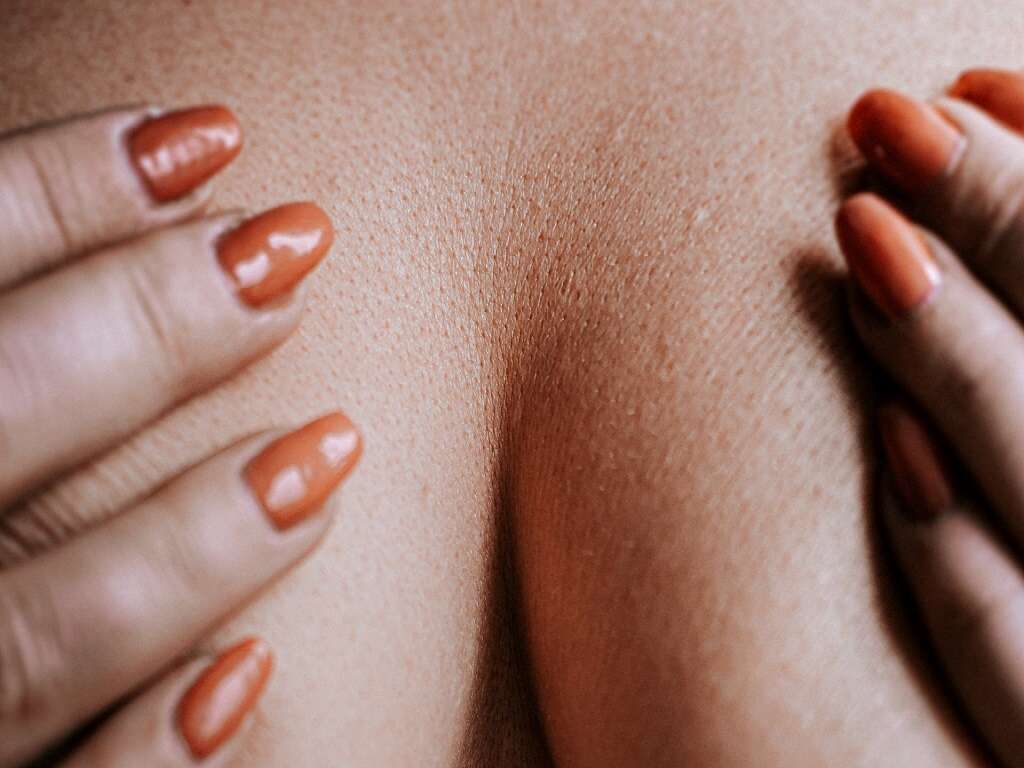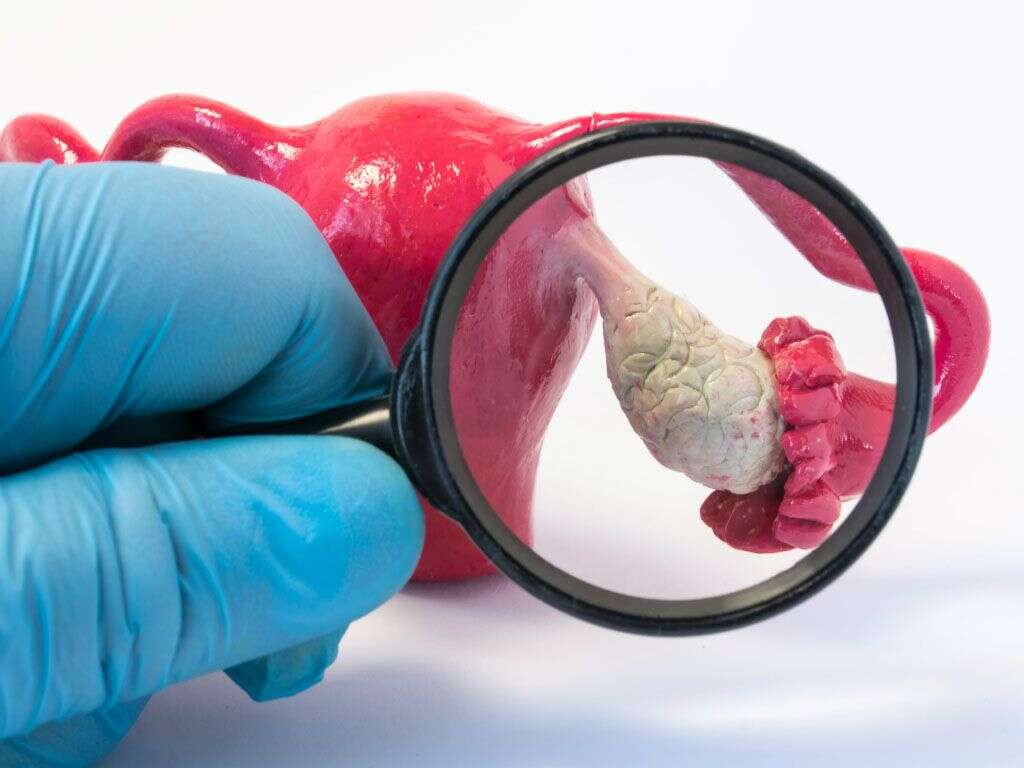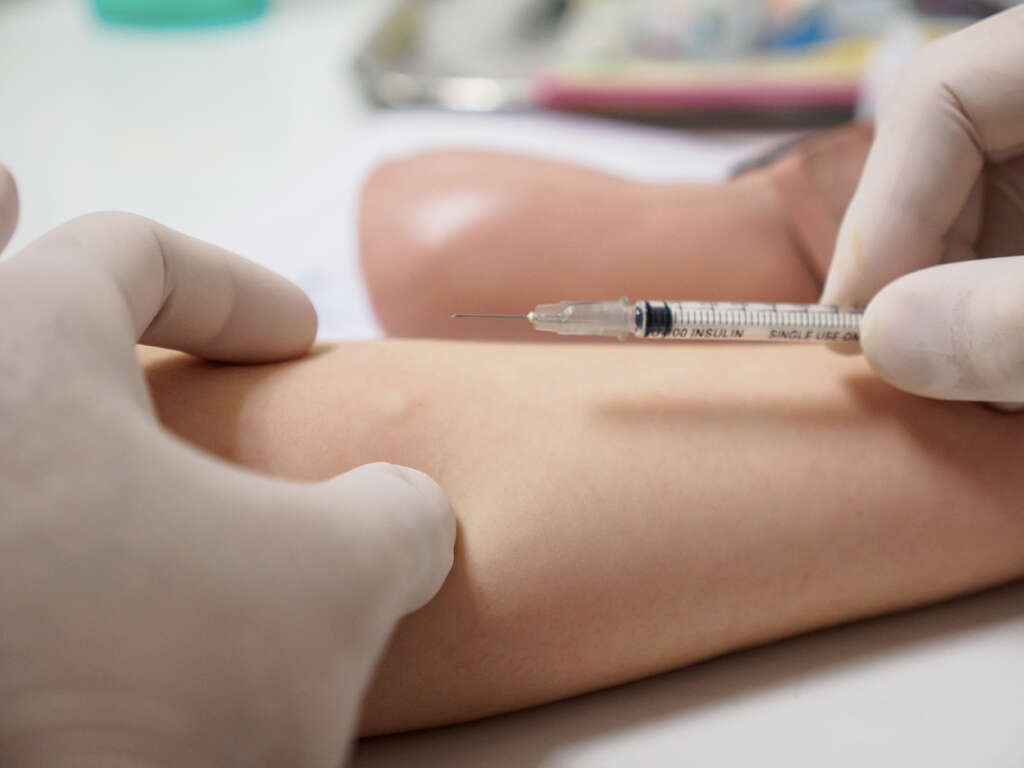What Is Lichen Sclerosus?
Have you discovered patches of white skin on your body? They could be caused by a little-known skin condition called lichen sclerosus. This condition can be difficult to treat, and it often goes undiagnosed as it appears in the genital and anal areas.
You might be tempted to skip the visit to your doctor out of embarrassment, but don’t worry: Lichen sclerosus is treatable, and moreover, even if you have noticed such patches on your genitalia, the condition doesn’t affect your internal organs. Read on to learn more about lichen sclerosus and what your doctor may be able to do to ease your discomfort.

1. What Are the Symptoms of Lichen Sclerosus?
Lichen sclerosus presents with several symptoms, but the most obvious one is the discoloration of the skin. If you have very light skin, you might not notice these patches at first. If you have a medium to dark complexion, the wrinkly, white patches of thinning skin should be more noticeable.
If you are female, you may notice these patches on your vulvar area, and they may even stretch to your anal area. They can cause itching, pain, easy bleeding, and even pain during sex. If you are male, you may have painful erections or pain while urinating, depending on the location of the affected skin.

2. What Causes Lichen Sclerosus?
Genetics are probably involved. As well, the condition impacts mostly women who have been through menopause and girls who have not yet been through puberty, so hormones likely play an important part in developing the condition. For men, urine, specifically the pooling of urine around the foreskin in uncircumcised men, itself is thought to be a factor.
Lichen sclerosus may also be related to a co-existing medical condition. Women with lichen sclerosus may have thyroid disease, diabetes, or even a separate autoimmune condition that causes the patches.

3. Is Lichen Sclerosus Contagious?
A great partner may be happy to take you to doctor’s appointments, pick up your medication, and comfort you when you’re feeling down about the condition, but he or she will probably wonder at some point if those white, wrinkly patches are able to spread. Don’t worry: They’re not.
Lichen sclerosus is not contagious, and more importantly for sexually active individuals with the genital form, it’s not transmitted through sexual intercourse. This is great news for your partner or potential partners, and it might give you some relief to know that you cannot infect others.

4. What Are the Types of Lichen Sclerosus?
Medical conditions often consist of several different subtypes, but not lichen sclerosus. It’s a similar disease in everyone who gets it, but the one difference is the location of the patches.
Women are most affected by vulvar lichen sclerosus, but it can also appear on the breasts or torso. Men often notice it on the foreskin area of the penis. Other areas it might appear include the breasts, anus, outer thighs, and upper body.

5. Can Lichen Sclerosus Be Confused with Other Conditions?
Skin conditions can be difficult to diagnose. It often takes a trained medical professional, sometimes a specialist, to tell what type of condition you have.
Lichen sclerosus can look like vitiligo, which is an autoimmune condition that causes depigmentation of the skin resulting in similar white patches; or psoriasis, which causes uncomfortable skin changes that can present with silvery scales. The location on the genitals can also bring to mind an STI, while the symptoms, especially if they include trouble urinating, might make you remember your last UTI.
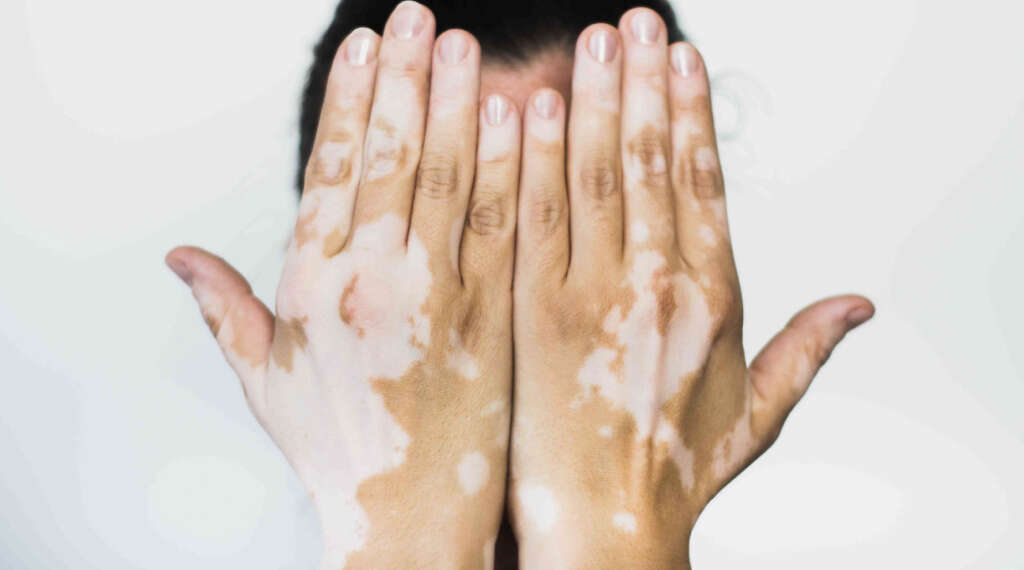
6. How Is Lichen Sclerosus Diagnosed?
First, you need to decide which type of doctor you are going to visit. In addition to your primary care physician, a dermatologist is a good bet: As a skin specialist, he or she can most likely address any concerns you may have.
Your doctor will do a thorough examination of the affected area and possibly order bloodwork to rule out other conditions. There is a chance that he or she will recommend a minor in-office procedure called a needle biopsy during which a tissue sample will be collected from one of the patches.

7. How Is Lichen Sclerosus Treated?
After you are diagnosed with lichen sclerosus, your doctor may prescribe a corticosteroid cream or other topical ointment if you have a mild case. Other nonmedical measures you can take are keeping the area clean, dry, and free of harsh chemicals like soaps and fabric softeners.
For severe cases, a tacrolimus ointment may be used. If the condition has progressed to the point where your skin is developing scar tissue, surgery to remove the excess tissue can be considered, but the condition might come back even if you remove skin from the affected areas.
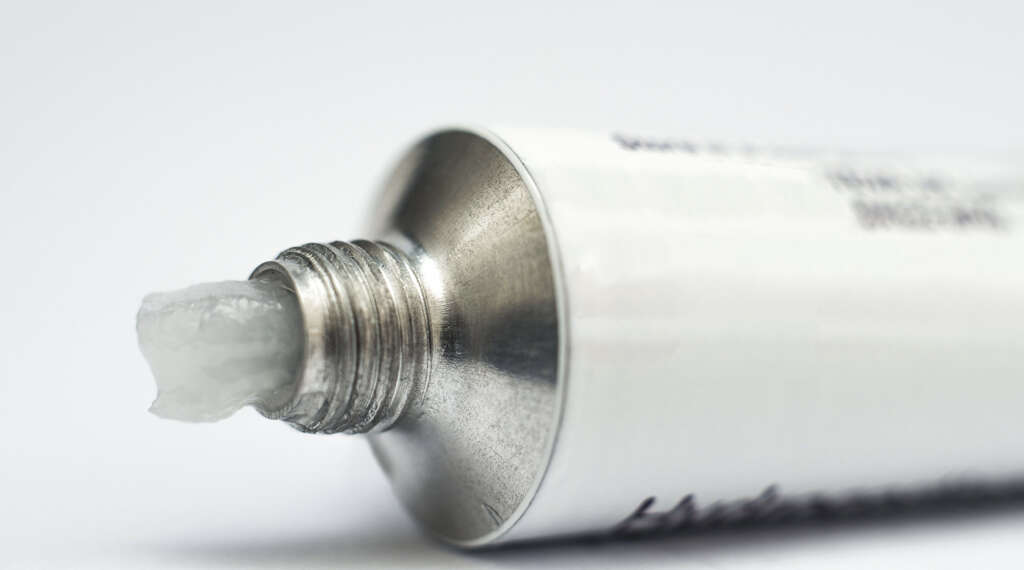
8. Is Lichen Sclerosus Associated with Other Medical Conditions?
Autoimmune diseases are frequently associated with lichen sclerosus, but it’s not clear as to whether they are co-occurring conditions or if lichen sclerosus is a separate autoimmune condition. You’re at greater risk for developing an autoimmune disease if you have lichen sclerosus.
Lichen sclerosus is most often found in postmenopausal women, so you might be wondering about the men with this uncommon condition. Men who are uncircumcised have a higher chance of getting these irritating white patches. They usually show up on the foreskin and are associated with urinary conditions.

9. What Are the Possible Complications if Lichen Sclerosus Isn’t Treated?
Those white patches can lead to painful, uncomfortable scarring. If you’re female, the scar tissue can cover the opening of your vagina and cover the clitoris. If you’re a male with lichen sclerosus, refusing treatment could lead to problems urinating because your urethra can become obstructed, which makes it hard to urinate.
The good news is that even if you’re experiencing a lot of discomfort, lichen sclerosus isn’t serious and is unlikely to harm you long-term. If you have pain, itching, or easy bruising in the areas around your white patches, don’t be afraid to consult a medical professional who can walk you through the basic treatment options.

10. What Is the Emotional Impact of Lichen Sclerosus?
If you haven’t already guessed, lichen sclerosus can get in the way of forming romantic relationships, as you might be uncomfortable being intimate with another person when your genitals look different from others’. As well, though lichen sclerosus is not contagious, it might be mistaken for an STI or another transmittable skin condition.
If you are experiencing such hesitation, you’re not alone: Many people feel anxious or embarrassed when discussing sensitive or private topics, even with medical professionals. Don’t let this stop you from getting help, though. Treatments are available, and they might be simpler than you think!








